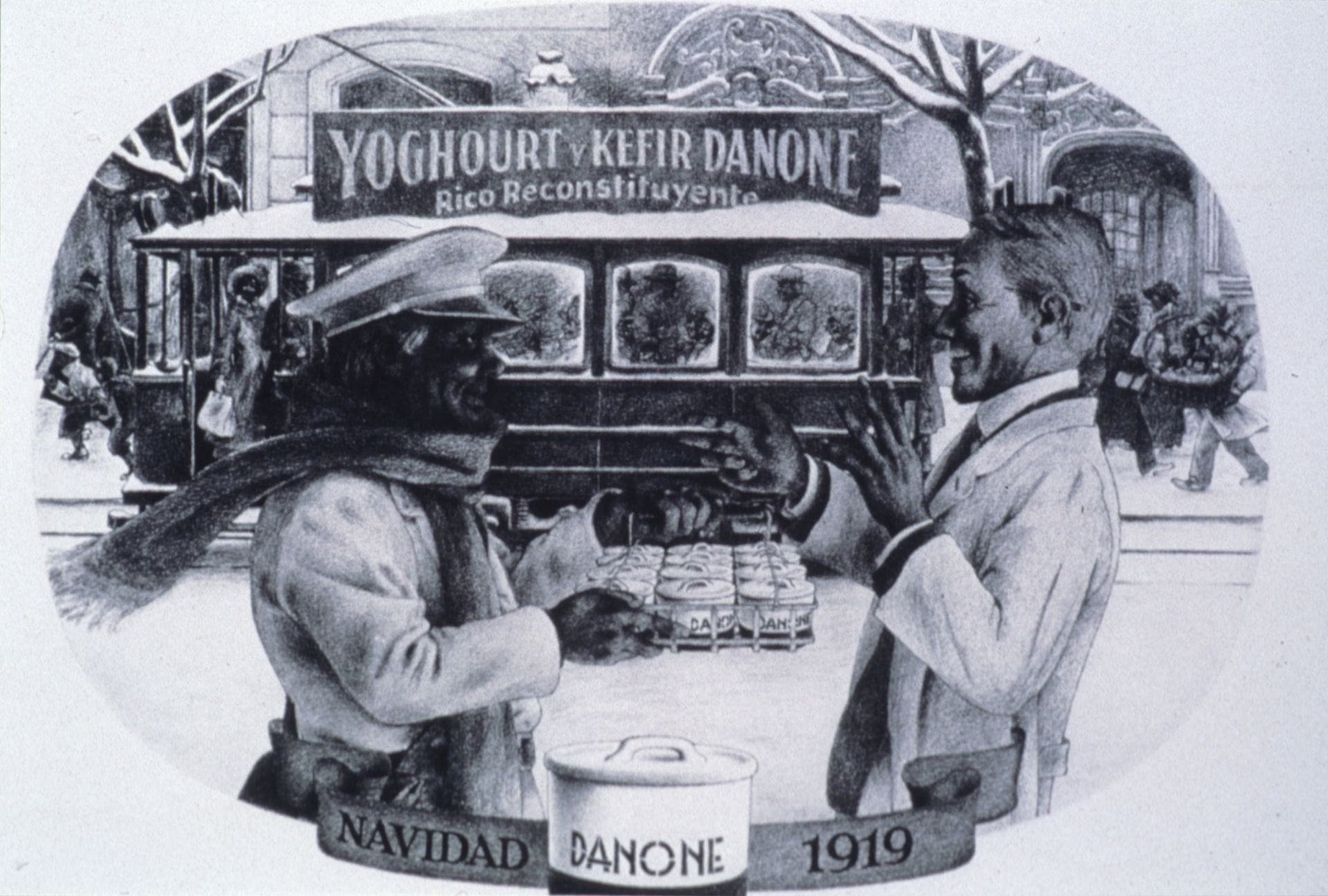

As the Wall Street Journal reports, “Danone SA’s Chief Executive and Chairman Emmanuel Faber has stepped down from the yogurt maker after a clash with investors, marking a rare victory for activist funds in France’s rigid corporate landscape.” This is an interesting piece of news, for two different reasons:
First of all, this is happening in France. CEOs and managers are entrenched all around the world, but all the more so in France, where the ranks of the ruling class are more close-knit than in most places.
Second, by ousting Monsieur Faber, those activist investors have actually signaled their lack of satisfaction with Danone’s performance under his tenure. Yet Monsieur Faber was a champion of “stakeholder capitalism,” and the press is seeing his ouster as a dispute between champions of stakeholder capitalism and a few nostalgic for shareholder capitalism. The fact that the latter simply exist in a world in which corporate social responsibility, sustainability, and stakeholder capitalism dominate the public discourse, is in a sense surprising. Or it could simply be that, given Monsieur Faber’s public profile, the press has unjustly described his critics as enemies of stakeholder capitalism, as a way to take sides with the CEO against the shareholders.
Danone, which reported $28 billion in sales in its latest fiscal year, was the first public company to adopt the French legal framework of “Entreprise à Mission,” which allows companies to take greater consideration of social and environmental issues in their business model. Some 99 percent of shareholders, but not Artisan Partners, approved the move in June last year.
The turmoil raises the question whether business models that take all stakeholders into account can survive resistance from activist investors focused primarily on shareholder returns. Danone said in a statement announcing the management changes that it “believes in the necessity” of combining “high economic performance” with Danone’s “unique model of a purpose-driven company.”
This is an interesting way of framing the issue: “whether business models that take all stakeholders into account can survive resistance from activist investors focused primarily on shareholder returns”. Let’s try another version: whether public insistence over the need for a company to pursue goals other than profits isn’t a way for managers to be less transparent and accountable to their shareholders.
I have long thought that most of the stakeholder capitalism rhetoric was, whatever its left-leaning nuances, mostly conducive to further empowering managers against shareholders. The fact that you’re busy saving the world is a good excuse for a disappointing stock performance. But for a market economy to work properly, we do need a market in property rights, and we do need shareholders unwilling to drink the managers’ Kool-Aid. Let’s see how things go with Danone. The fact that such a corporate dispute is happening in France, as I said above, makes it all the more interesting.

Comments are closed.